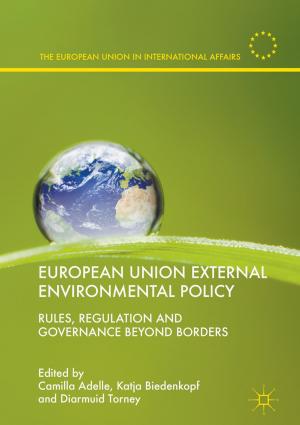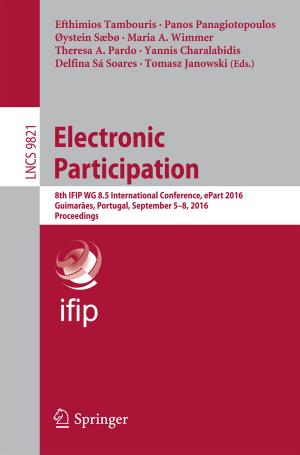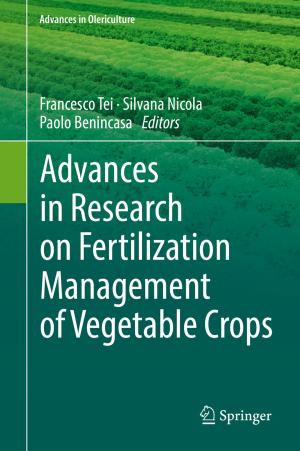Reactive Oxygen Species and Oxidative Damage in Plants Under Stress
Nonfiction, Science & Nature, Science, Biological Sciences, Biochemistry, Botany| Author: | ISBN: | 9783319204215 | |
| Publisher: | Springer International Publishing | Publication: | September 7, 2015 |
| Imprint: | Springer | Language: | English |
| Author: | |
| ISBN: | 9783319204215 |
| Publisher: | Springer International Publishing |
| Publication: | September 7, 2015 |
| Imprint: | Springer |
| Language: | English |
This book provides detailed and comprehensive information on oxidative damage caused by stresses in plants with especial reference to the metabolism of reactive oxygen species (ROS).
In plants, as in all aerobic organisms, ROS are common by-products formed by the inevitable leakage of electrons onto O2 from the electron transport activities located in chloroplasts, mitochondria, peroxisomes and in plasma membranes or as a consequence of various metabolic pathways confined in different cellular loci. Environmental stresses such as heat, cold, drought, salinity, heavy-metal toxicity, ozone and ultraviolet radiation as well as pathogens/contagion attack lead to enhanced generation of ROS in plants due to disruption of cellular homeostasis. ROS play a dual role in plants; at low concentrations they act as signaling molecules that facilitate several responses in plant cells, including those promoted by biotic and abiotic agents. In divergence, at high levels they cause damage to cellular constituents triggering oxidative stress. In either case, small antioxidant molecules and enzymes modulate the action of these ambivalent species.
This book provides detailed and comprehensive information on oxidative damage caused by stresses in plants with especial reference to the metabolism of reactive oxygen species (ROS).
In plants, as in all aerobic organisms, ROS are common by-products formed by the inevitable leakage of electrons onto O2 from the electron transport activities located in chloroplasts, mitochondria, peroxisomes and in plasma membranes or as a consequence of various metabolic pathways confined in different cellular loci. Environmental stresses such as heat, cold, drought, salinity, heavy-metal toxicity, ozone and ultraviolet radiation as well as pathogens/contagion attack lead to enhanced generation of ROS in plants due to disruption of cellular homeostasis. ROS play a dual role in plants; at low concentrations they act as signaling molecules that facilitate several responses in plant cells, including those promoted by biotic and abiotic agents. In divergence, at high levels they cause damage to cellular constituents triggering oxidative stress. In either case, small antioxidant molecules and enzymes modulate the action of these ambivalent species.















